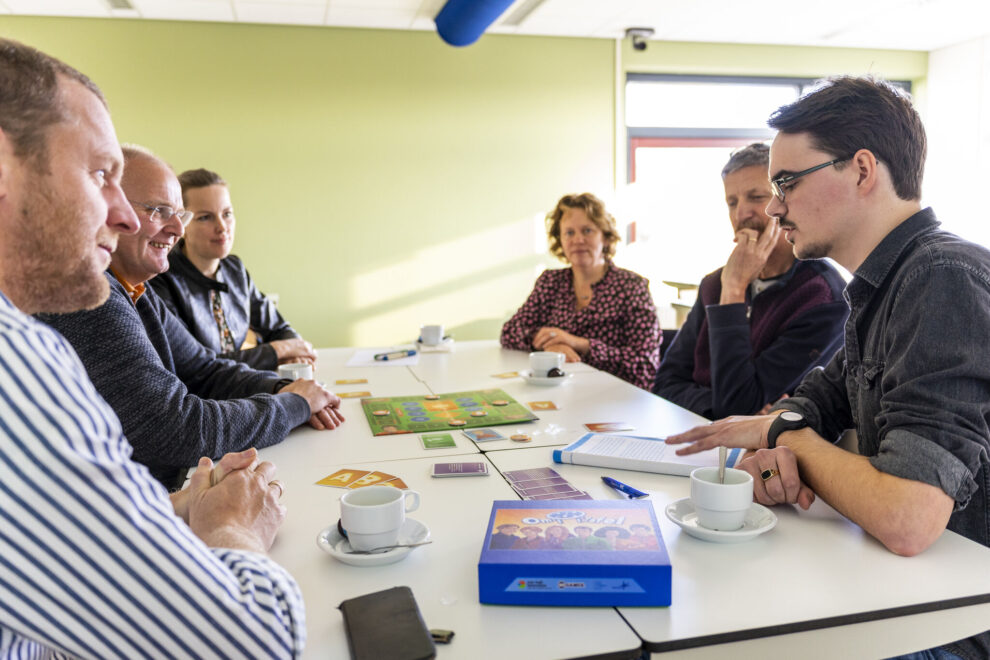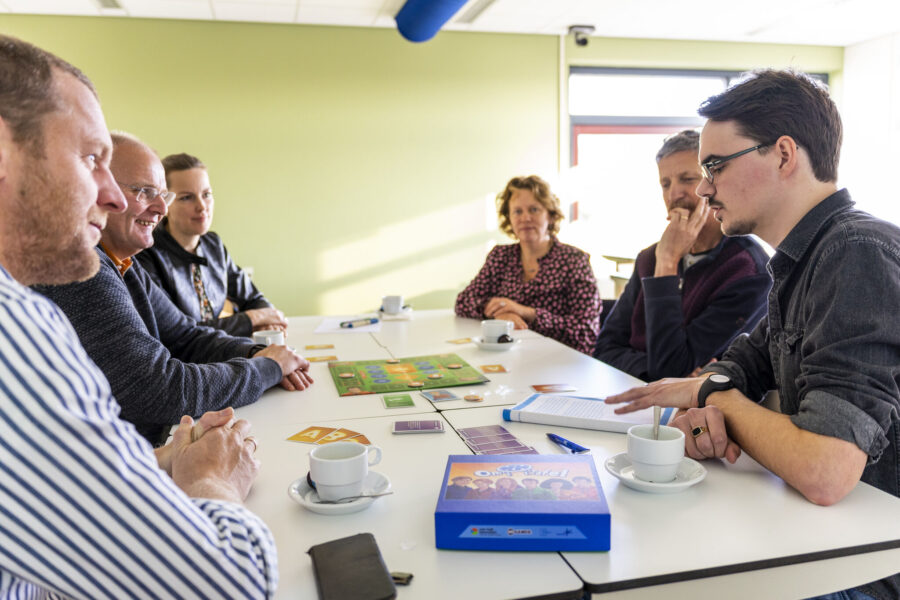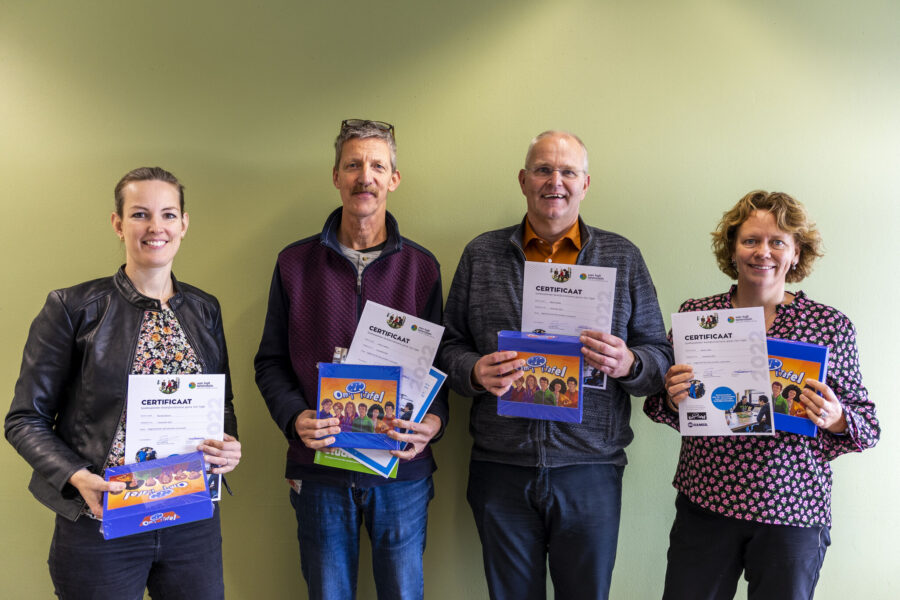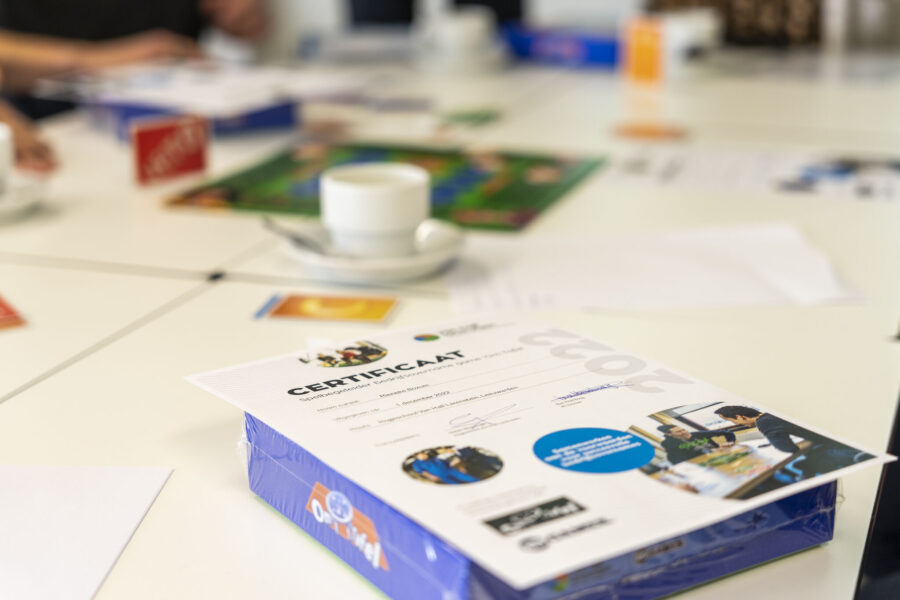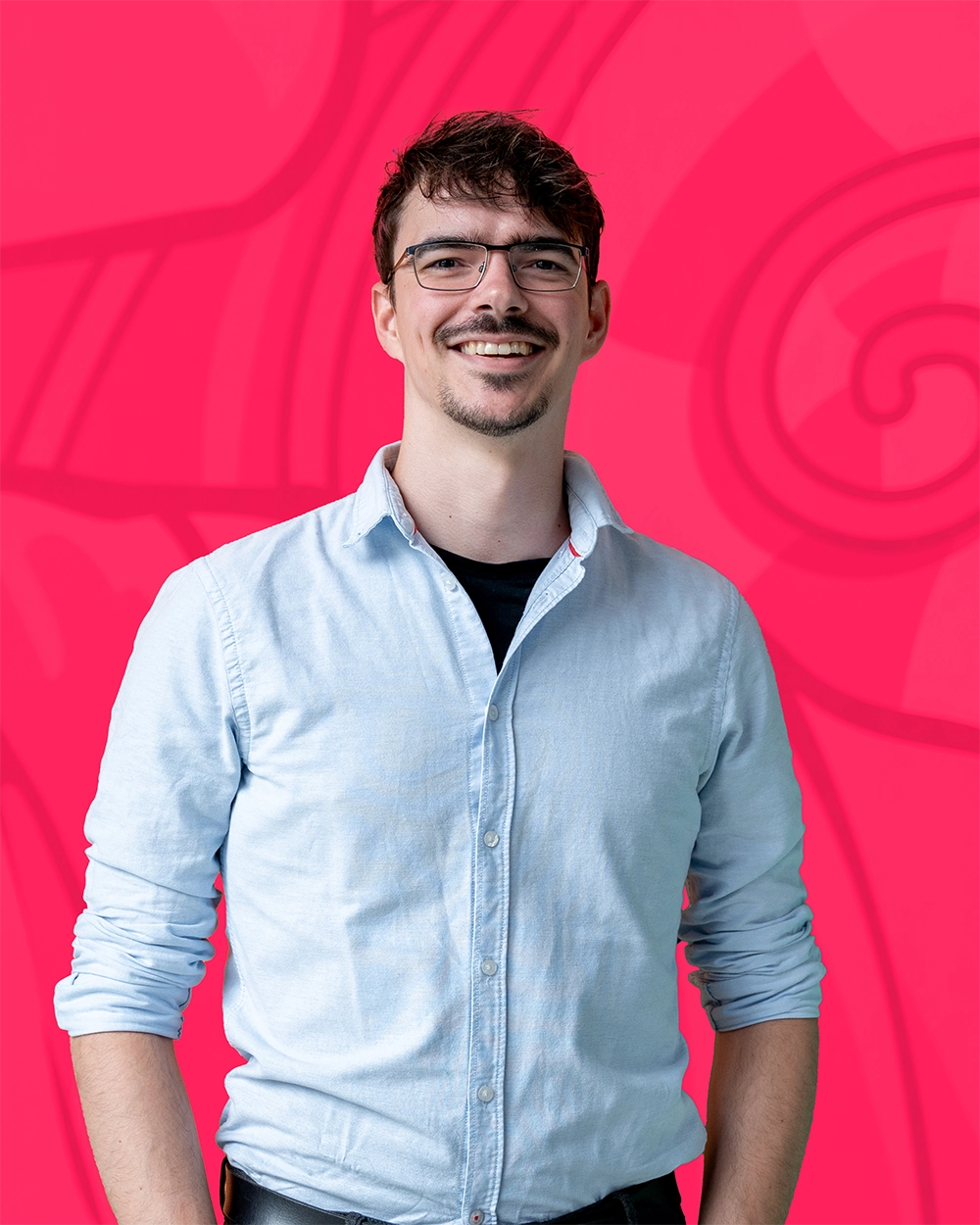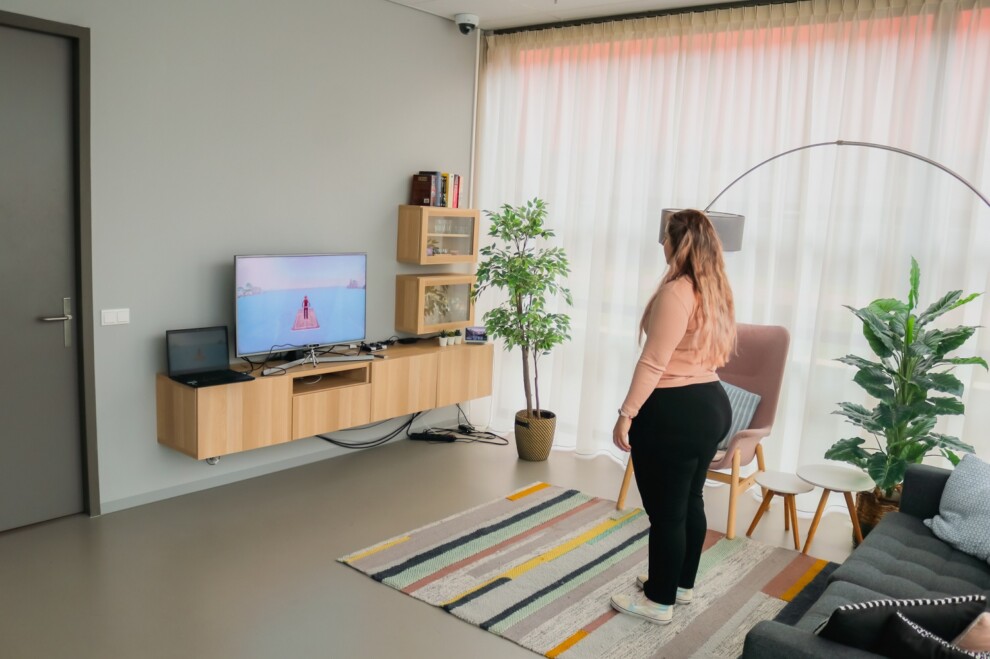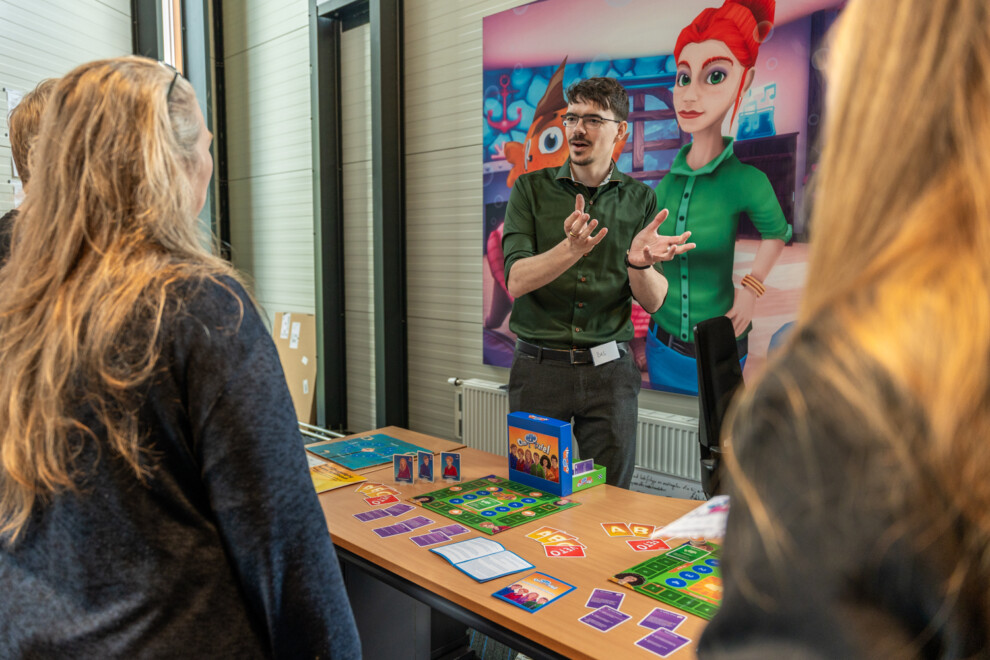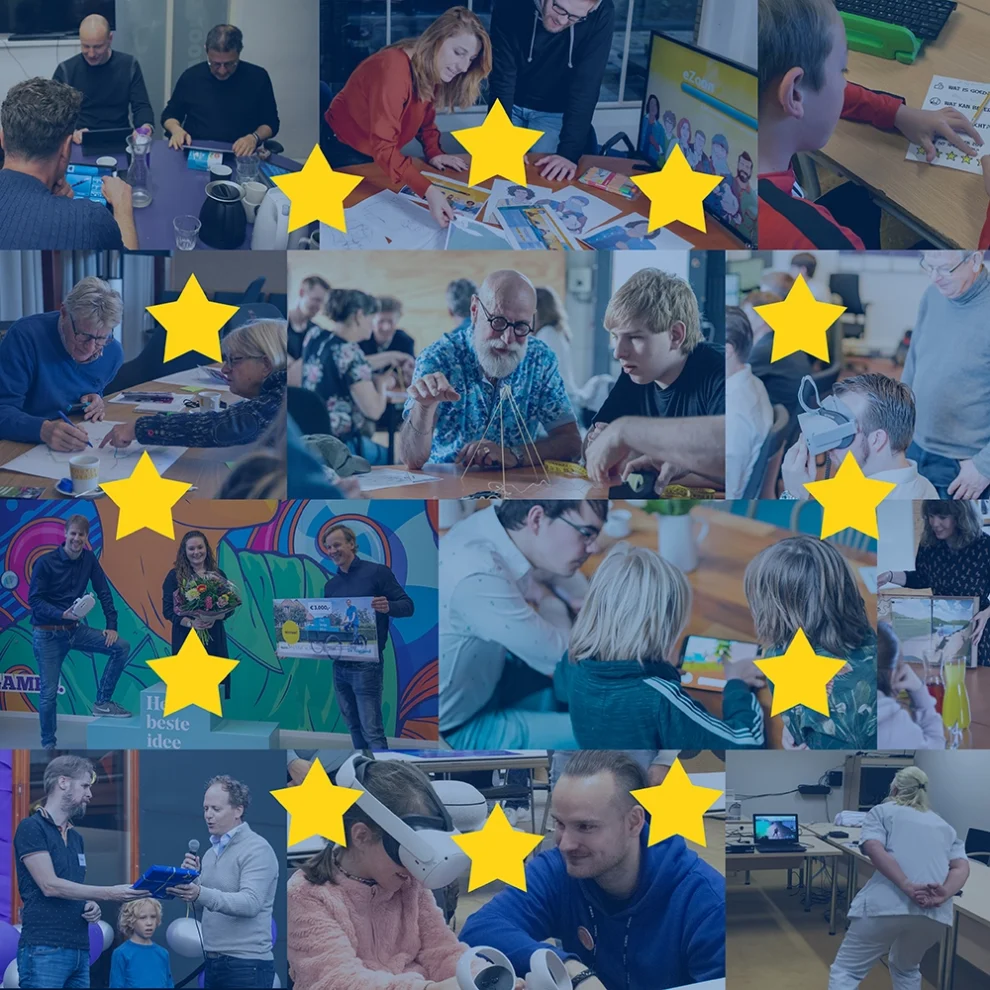Data collection through product development
What we mean by product development in the context of data collection
What does data collection through product development look like in practice?
This page explores how co-creation, prototypes, and ethical tooling provide researchers with rich opportunities to collect meaningful data — before and after implementation.

